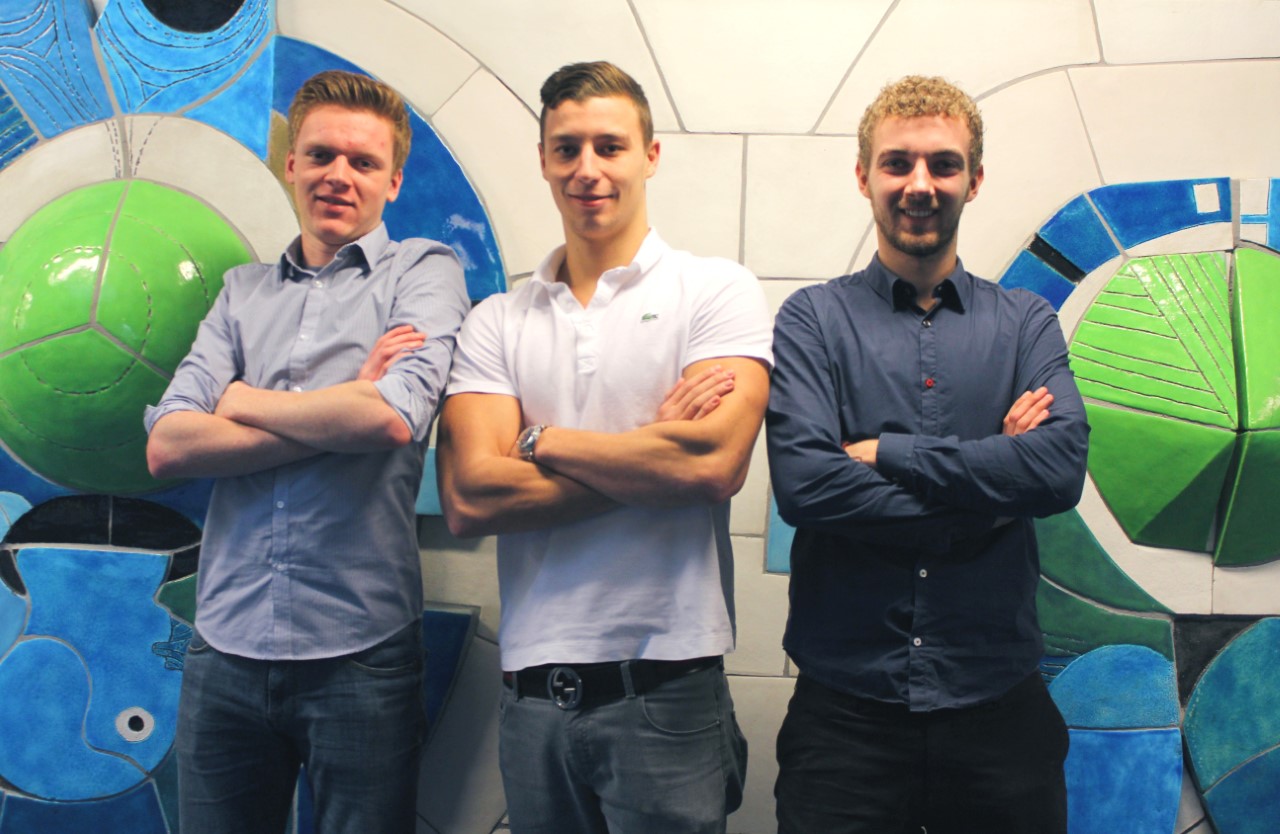
As you might have seen around Facebook, a few IBCoM second years are taking part in Unilever’s Future Leaders’ League. The guys behind this are Tom Hollestelle, David Lintener and Bart van Son, also known as the Dream Tea(m). Last week they asked you to vote for them in their race to rebrand Lipton’s Black Tea. What are their ideas, and how are they doing in the contest? We interviewed the guys to learn more.
Unilever’s Future Leaders League
Every year, Unilever challenges students in what they call their Future Leader’s League to rebrand one of their staple products. This allows Unilever to promote their products and gives students the opportunity to take part in such a project and get to know the company. This year, Lipton Black Tea is put in the spotlight. Tea is not seen a very cool or popular product by millennials, and so Unilever’s challenge was for students to rebrand the product. Not by changing the Lipton Black Tea itself, but by changing its perception among our generation.
Dream Tea(m)’s challenge
According to Tom, their greatest challenge was to accommodate all millennials, which is a group of young people ranging from the age of 16 to 38 years old. “We thought of some plans that would be cool for teenagers, but not for older millennials. So that is something that we really struggled with at the beginning.”
In the end, their plan was to do the opposite of what the other teams were doing. While their opponents proposed to brand the tea as a quickly acquired consumption choice to fit the fast paced lives of millennials, the guys from Dream Tea(m) decided to brand it as a way for these people to relax an escape from their busy lives. Hence their hashtag #ExperienceTheMoment.
So.. what did you vote for?
You might have voted for the Dream Tea(m) last week, but it might not be entirely clear what you actually voted for. The guys explained: the competition is staged into different rounds. Last week, they had to get through the national round, which is composed of a region of countries (for the Netherlands, this is the Benelux). Two teams make it to the national final: the one with the best case proposal as chosen by the judges and the team with the highest number of votes. Then the winners of the national finals proceed to the European final, which will be hosted in Rotterdam next March. Finally, a global final will take place in London. “The crucial part was for us to qualify ourselves for the national finals by getting enough votes or having the best case proposal. We thought we had a good case proposal, but we didn’t want to leave it up to the judges. We wanted to make sure that we qualified by making everyone vote”, David said.
Lucky for them, this paid off: they received the most votes in the Benelux region. When asking if they expected it, the guys laughed and explained that they were a bit skeptical as who was going to vote for them. So they set the bar at 100 votes, but even that didn’t seem very likely (they won with more than 900 votes in the end). Tom explained that when submitting their proposal, they were the only team competing in this region. But within a few days, this built up to 17 teams. “One team was really catching up with us in the last day and a half. So we were stressing out and really needed to step up our game. Only at ten minutes before midnight we were pretty certain we had won.”
What’s next?
Today is the day of the national final round, which is a hard one for the Dream Tea(m), as of some their opponents are master students majoring in business. “I think we’re going to go in there as the underdogs as year two IBCoM students.” As part of the national final, the team gets to spend a full day at Unilever, which includes a tour around the office and some networking with the employees. But of course, the main event for the Dream Tea(m) is their case presentation. The best of luck, guys!
In the name of David, Tom and Bart, thanks to every single person who voted and supported them, as they are really passionate about continuing on this journey.

